Global Disaster Preparedness Center
gdpc@redcross.org
Briefs and Fact Sheets, Case Study
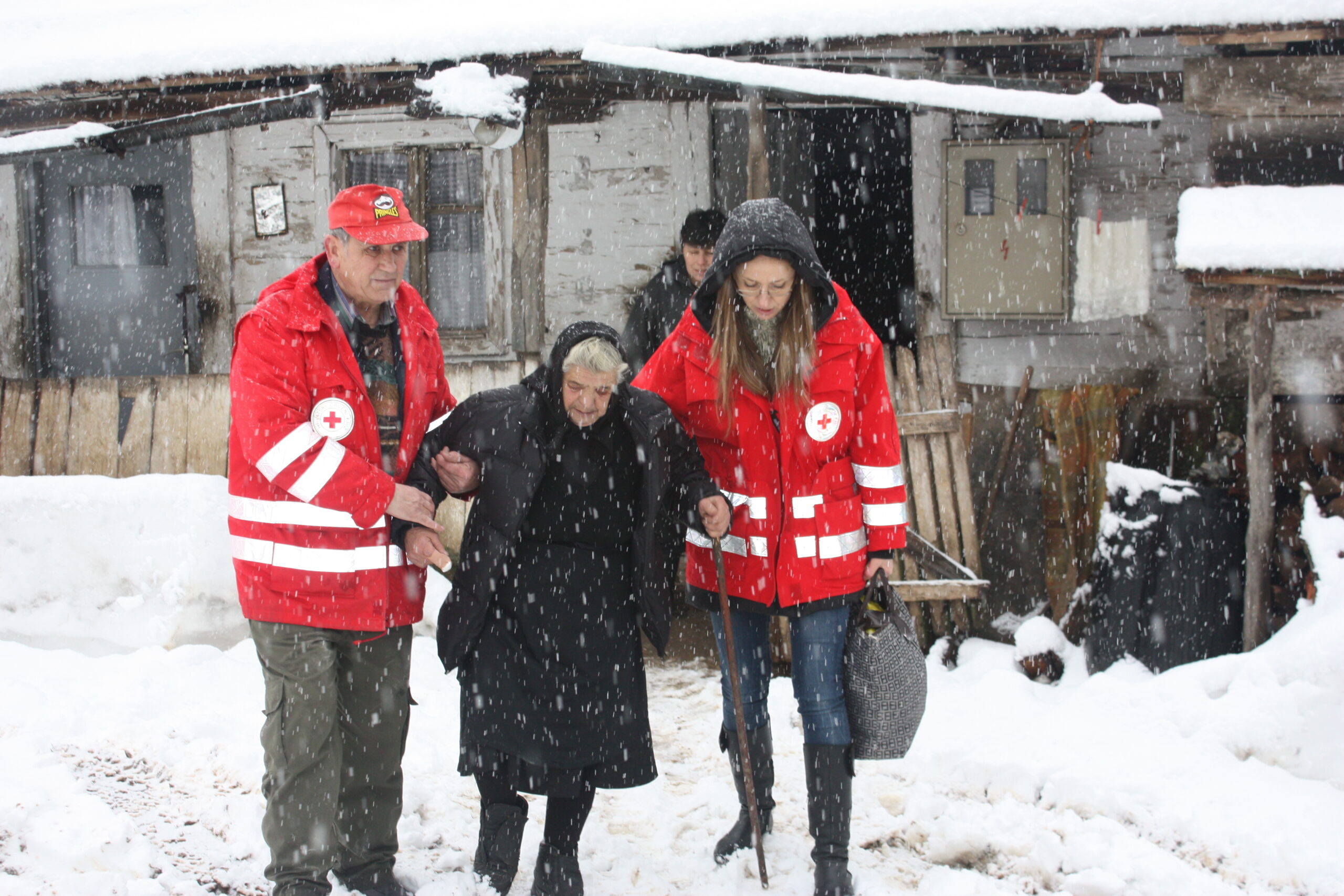
This briefing note outlines common winter weather hazards experienced across Europe and Central Asia, and the ways in which National Societies are preparing for and responding to them. It also provides insights into how the changing climate is influe...
Research
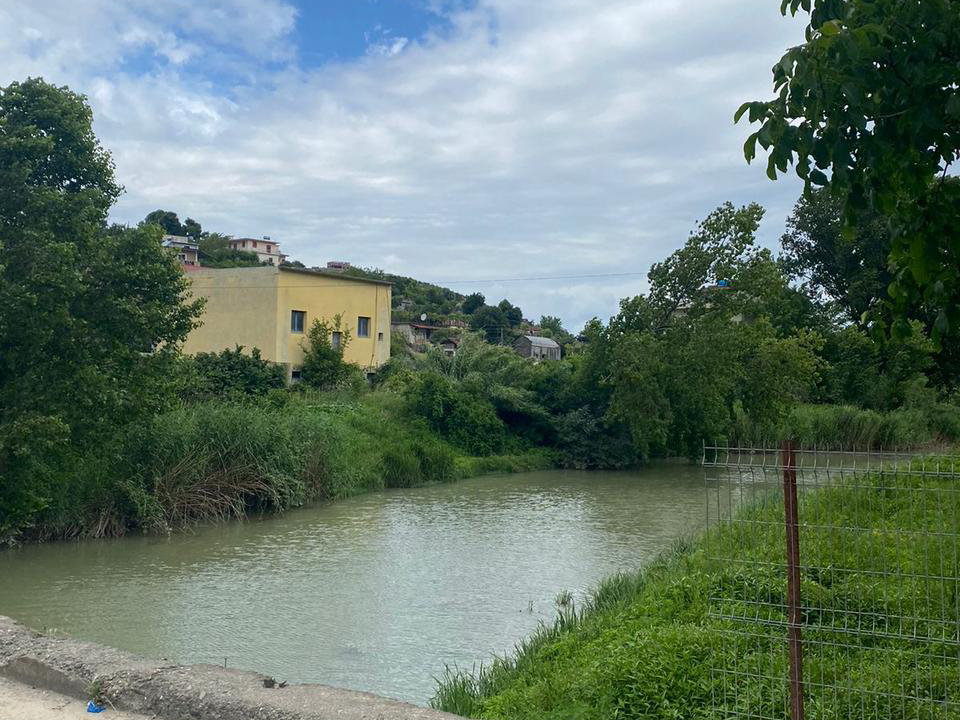
About this Paper This research investigates the barriers preventing rural communities in Lezha, Albania, from effectively accessing, understanding, and acting on early warning information for natural disasters. Using a mixed-method approach, the stud...
Research

About this Paper: This study investigates barriers to accessing and acting on Early Warning Systems (EWS) among traditional coastal communities in southeastern Brazil, focusing on Quilombola and Caiçara groups. These communities face unique challeng...
Research
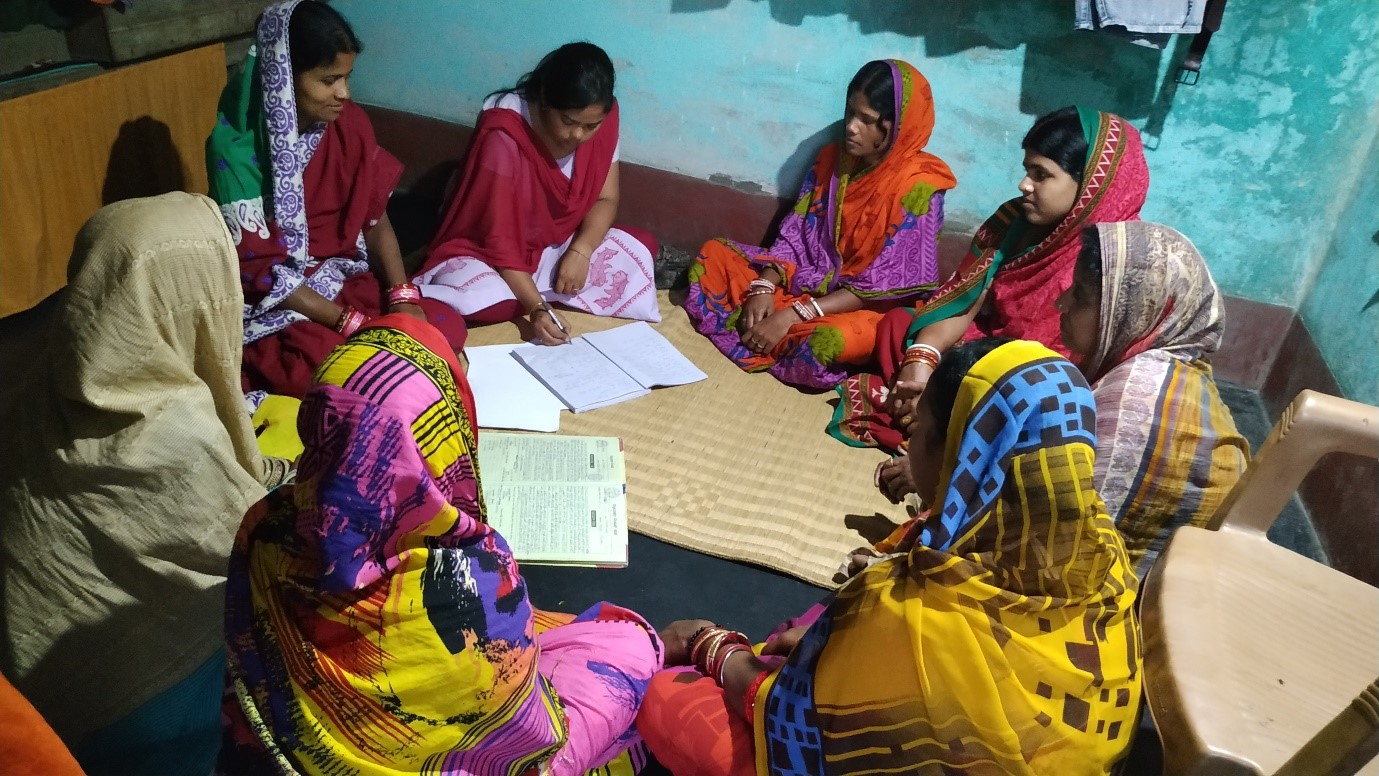
Authors and Collaborators: Principal Investigator: Chinmayee Mishra, Department of Sociology, Utkal University Co-Principal Investigator: Dr. Bishnuprasad Mohapatra, Department of Sociology, Malyagiri Mahavidyalaya Field Investigator: Archita Bala ...
Research

Compounded by climate change, Malawi has been a victim of repetitive hydro-meteorological disasters, notably floods and droughts, triggering widespread destruction and health risks in the country. Dry spells have caused multiple seasons of crop failu...
Assessment or evaluation, Research
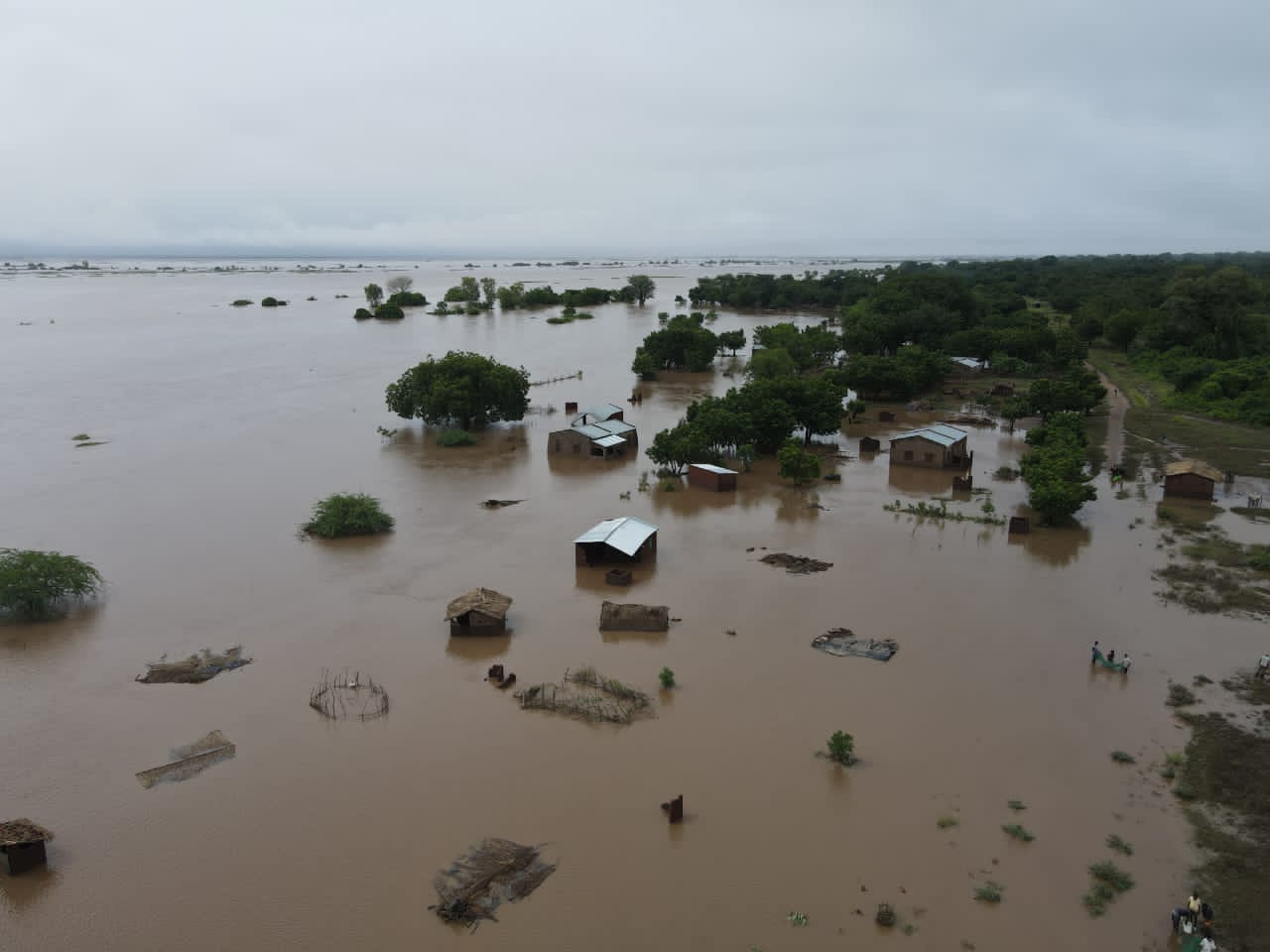
Malawi Red Cross Society (MRCS) and Danish Red Cross (DRC) conducted a comparative study to assess whether previous AA programming increases the chances of hearing, believing, and acting upon early warnings. The study was conducted in response to Tro...
Report, Video

The 2024 Common Alerting Protocol (CAP) Implementation Workshop and Training took place from October 22–24 in Leuven, Belgium, bringing together over 800 participants from 142 countries and territories. This event, hosted by TISA, USAID, NOAA, and ...
Guidance material, Manual

Communities in settings of fragility, conflict and violence (FCV) are disproportionately affected by disasters, as their resilience, disaster risk management and coping capacities are weakened. Effective and sustainable disaster risk reduction (DRR) ...
Research
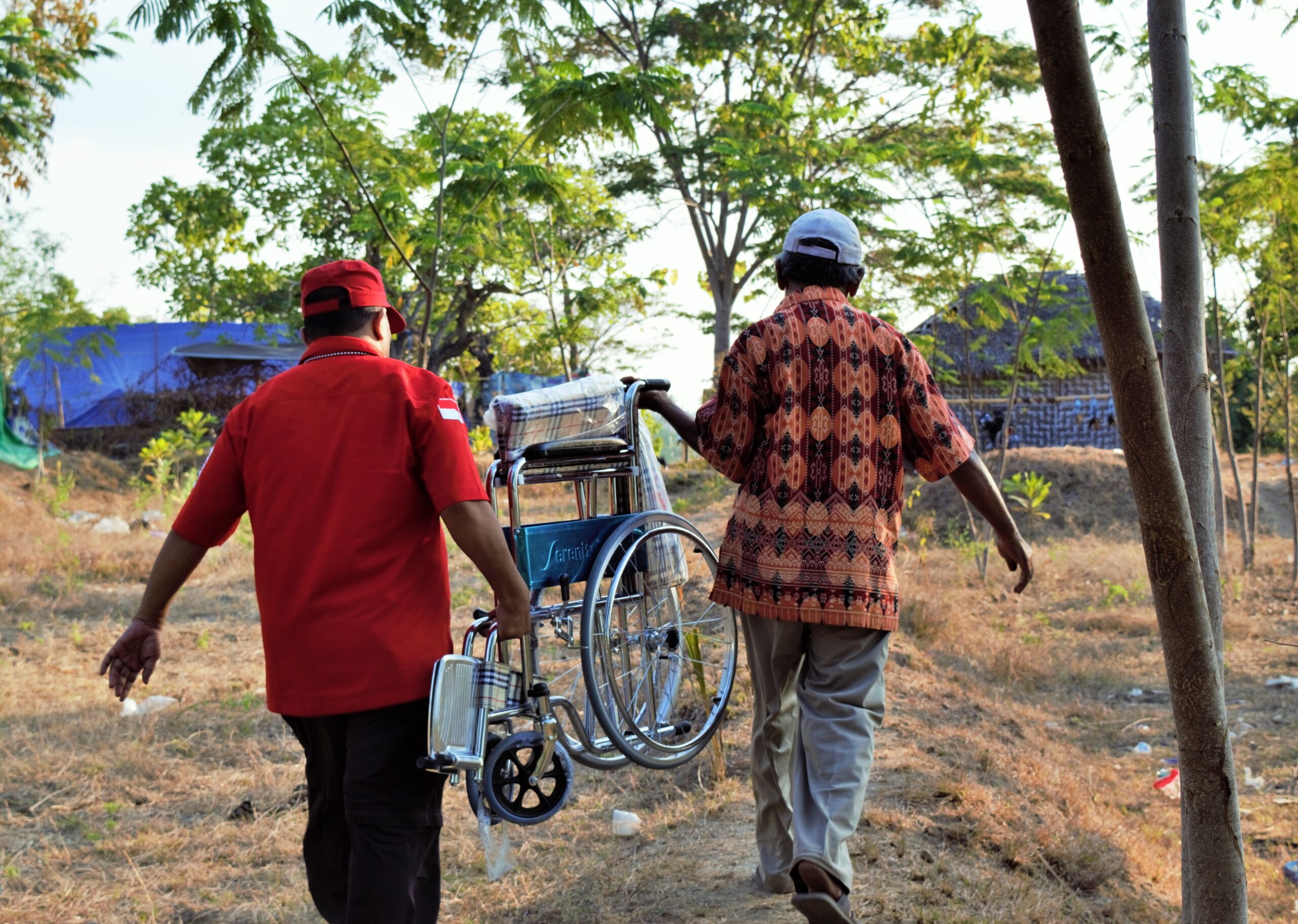
Authors and Collaborators: Pradytia Pertiwi, Moya Martiningtyas, Duma Manurung, and Fadhliah Saprowi, Universitas Gadjah Mada, Indonesia Fega Pangestika, University College London, United Kingdom; Cerdas Antisipasi Risiko Indonesia (CARI) Mizan Bus...
